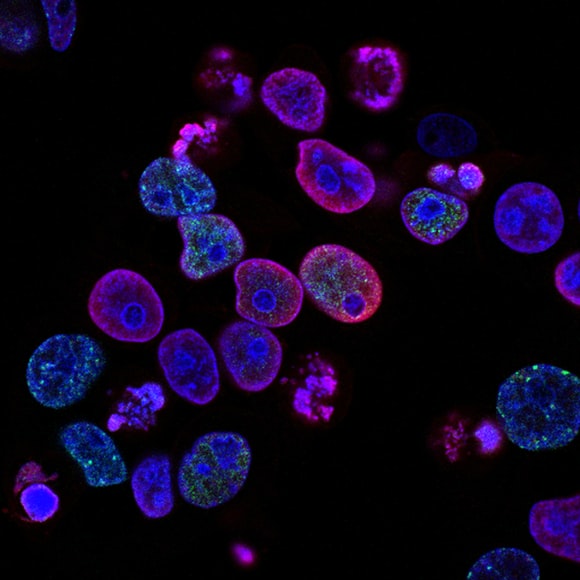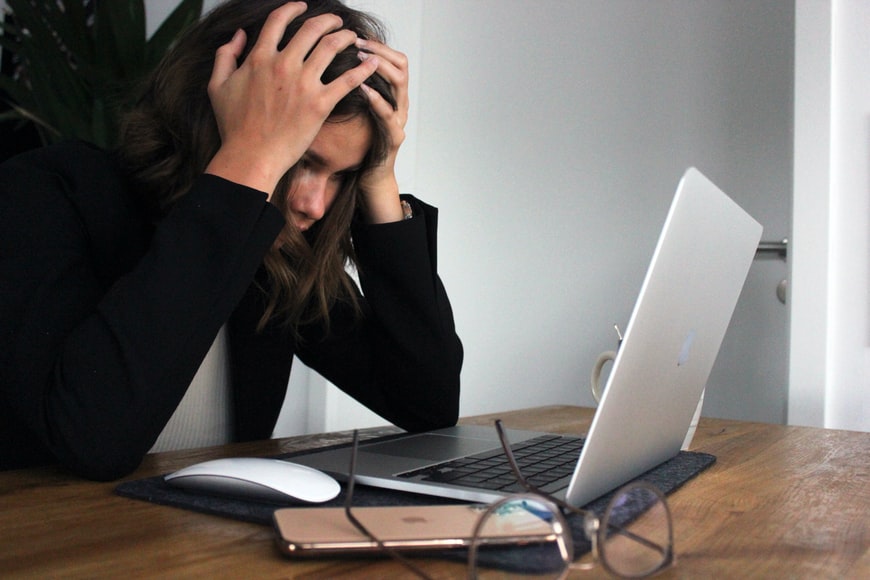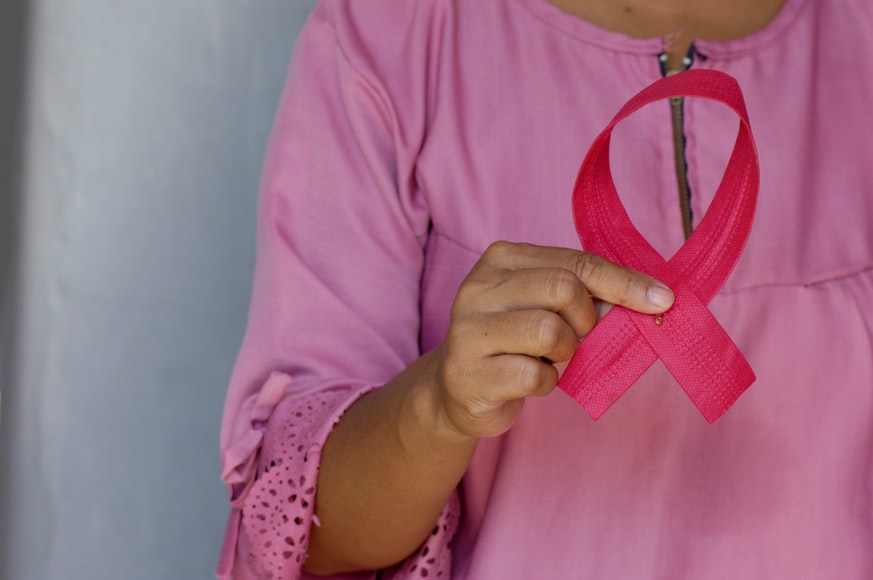Myths and Misconceptions About Breast Cancer
It’s October, and it’s Breast Cancer Awareness Month in many parts of the world. Breast cancer remains a statistically significant illness as many women are diagnosed with it every year. And perhaps because of how common it is, myths and misconceptions about it are rife and people often end up believing the wrong things about it.
This guide attempts to shed light on some of the most common myths surrounding breast cancer.
Contents
1. Breast Cancer is Incurable

Let’s get one of the most dangerous misconceptions out of the way: breast cancer is very curable, especially at early stages. When it’s spotted early on, it can be treated and controlled before it spreads damage. This is why regular testing is important, as it decreases the risk of the disease exacerbating.
Fortunately, through research such as PROTAC drug research or discovery and others, treatment and therapy options for breast cancer are fast developing. It’s important to remember that as long as it’s identified early enough, there are many measures to prevent it from worsening, so it’s unsafe to say that it’s incurable.
Read more about Cancer Therapy at Home
2. I Just Need to Be Healthy
It’s easy to assume that you can “eat” or “exercise” your way to evading breast cancer. However, that is simply untrue as even those who live a perfectly healthy lifestyle are in the same risk ratio for breast cancer as those who live unhealthily.
Of course, taking care of your body is still critical to avoid other lifestyle-based illnesses, but it’s unwise to feel confident that because you eat healthily and exercise, you’re not prone to breast cancer. Ultimately, getting checked is still the best way to mitigate the risks.
3. Breast Injuries Lead to Breast Cancer
Another common misconception that’s dangerous to believe is the myth that getting injured in your breast region leads to breast cancer. It’s easy to believe this as it makes sense in a somewhat logical way- you get hurt, and it can result in something dangerous. But there is no direct correlation between breast injuries and breast cancer.
Although breast augmentation injuries can result in a situation where the injury mimics breast cancer, despite not being breast cancer. Ultimately, the best way to figure out whether it is breast cancer is through the proper mediums and procedures.
Read more about ways to prevent cancer
4. Certain Types of Bras Causes Breast Cancer
A popular urban legend is that certain kinds of bras can cause breast cancer. This is an outright myth, as bra types do not determine whether you’ll develop breast cancer or not. However, bras can result in different levels of comfort. For example, a wired bra can result in skin irritation which then results in infections that can definitely cause other illnesses not related to breast cancer.
5. Stress Leads to Breast Cancer

We all know that stress can lead to a variety of illnesses, but it does not lead to breast cancer. Especially nowadays, it’s easy to equate stress to breast cancer as most people are likely to be stressed- but that’s a false correlation. There is very little evidence to support the idea that stress results in breast cancer, so everyone can rest assured that being too tired or too stressed from work will not result in a higher risk for breast cancer.
6. It’s Hereditary, so I Don’t Have to Worry if my Family is Cancer-free
Many people assume that breast cancer is exclusively hereditary, often feeling surprised when they find themselves diagnosed with it despite not having a family history of breast cancer. However, the truth is that most people who are diagnosed with breast cancer often show very few risk factors. Studies show that around 5-10% of recorded breast cancer cases come from a hereditary genetic mutation.
Most cases of breast cancer often come sporadically and have very little precedence. As a general rule, women over the age of 40 need to have an annual mammogram whether they do or do not have a history of breast cancer.
Consider Reading: The Best Food For Cancer Patients
7. If There’s a Lump, It Could be Breast Cancer
We commonly associate lumps with breast cancer, but to think that all breast cancer manifests through lumps is dangerous. Having a lump does not necessarily mean breast cancer, although it still merits a visit to the doctor. That’s why it’s important to learn how to check for lumps so you can do it yourself and then go to the right authorities should you find anything wrong.
At the end of the day, the best way to decrease the risk of breast cancer is by regularly testing. Learn to check for lumps on your own, and schedule regular visits to the doctor. Remember that breast cancer is treatable, but you need to act fast and deliberate.
Read Also:
- Supertest 450 Injectable Solution: Dosage, Side Effects, and More
- Everything You Need to Know About the Benefits of Mango
- Everything You Need to Know About the Benefits of Mushroom



